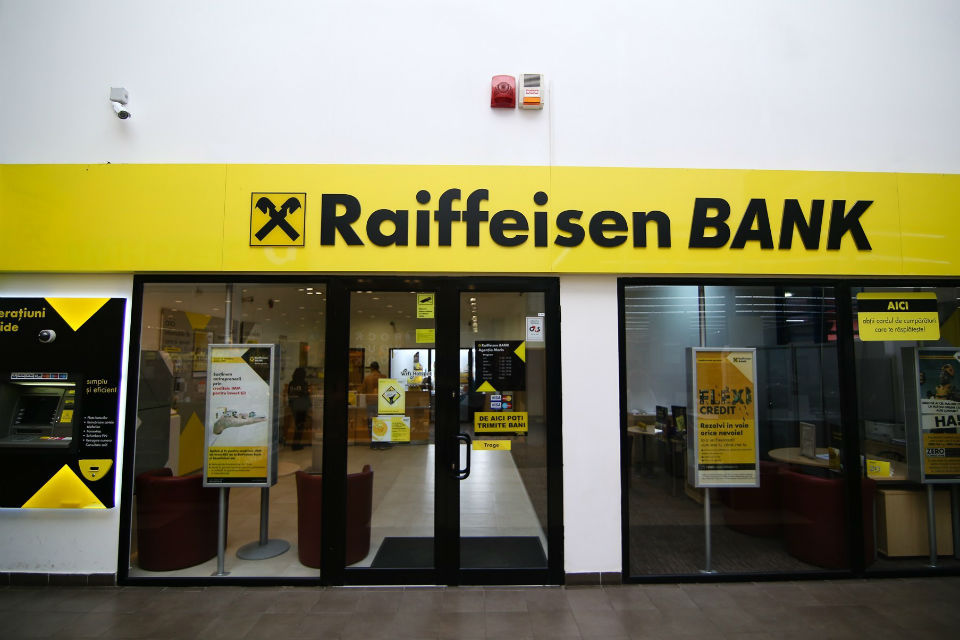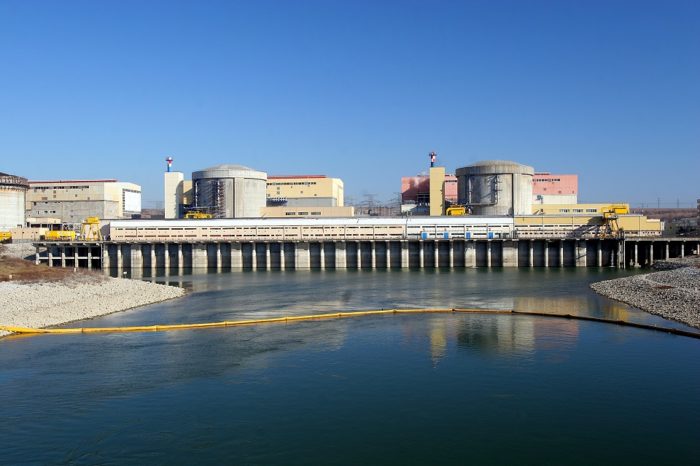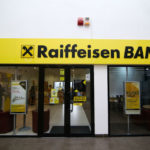Raiffeisen Bank is listing the first sustainability bonds on the Bucharest Stock Exchange

Raiffeisen Bank is listing on August 31 the first sustainability bonds issue on the Bucharest Stock Exchange (BVB) worth 500,85 million RON. The bonds traded under the RBRO27A stock ticker on the Main Market of the stock exchange are the first sustainability bond offer that Raiffeisen Bank lists at BVB and the 5th issue of bonds tradable on the stock exchange, the value of all five bonds issued by Raiffeisen Bank exceeding 3 billion RON.
The sustainable, senior, eligible, non-preferential bonds, denominated in RON that start trading today, August 31, have a maturity of 5 years, due in 2027, and a fixed annual interest rate of 8.920 percent.
“Through today’s listing of the sustainable bonds issued by Raiffeisen Bank, we are registering a premiere at the Bucharest Stock Exchange, being the first bonds of this type to be listed on the stock exchange. The success of this issue, as well as its listing on the stock exchange, proves once again that the local capital market is becoming an important source of financing for companies aiming to implement sustainable projects. We, at the Bucharest Stock Exchange, aim to strengthen this direction that we consider important in Romania’s development, namely, the sustainability of the projects financed through the capital market, and we wish other issuers to follow the example of Raiffeisen Bank”, said Adrian Tanase, CEO of the Bucharest Stock Exchange.
“We are proud that with this bond issue, we mark a new first on the local capital market, confirming, once again, our pioneering role and our commitment to supporting the sustainable development of the Romanian economy. Social aspects, as well as those related to the environment, are constantly on the radar of investors, so we are pleased with the increased 2 interest shown by institutional investors for this sustainable bond issue”, said Romulus Mircea, Executive Director of Management Assets and Liabilities, Raiffeisen Bank.
The funds raised will be used to finance sustainable projects according to the eligibility criteria described in the bank’s Sustainable Bond Framework. At least 50 percent of the funds will be directed to social projects financing – the financing of small and medium-sized enterprises in underdeveloped regions at the national level, accessible housing, access to essential health services, education, and infrastructure. The difference will be allocated to the financing of the project that supports the green transition – green buildings, renewable energy projects, energy efficiency projects, ecological transport and agriculture, pollution prevention and control projects, circular economy, sustainable management of water resources.














